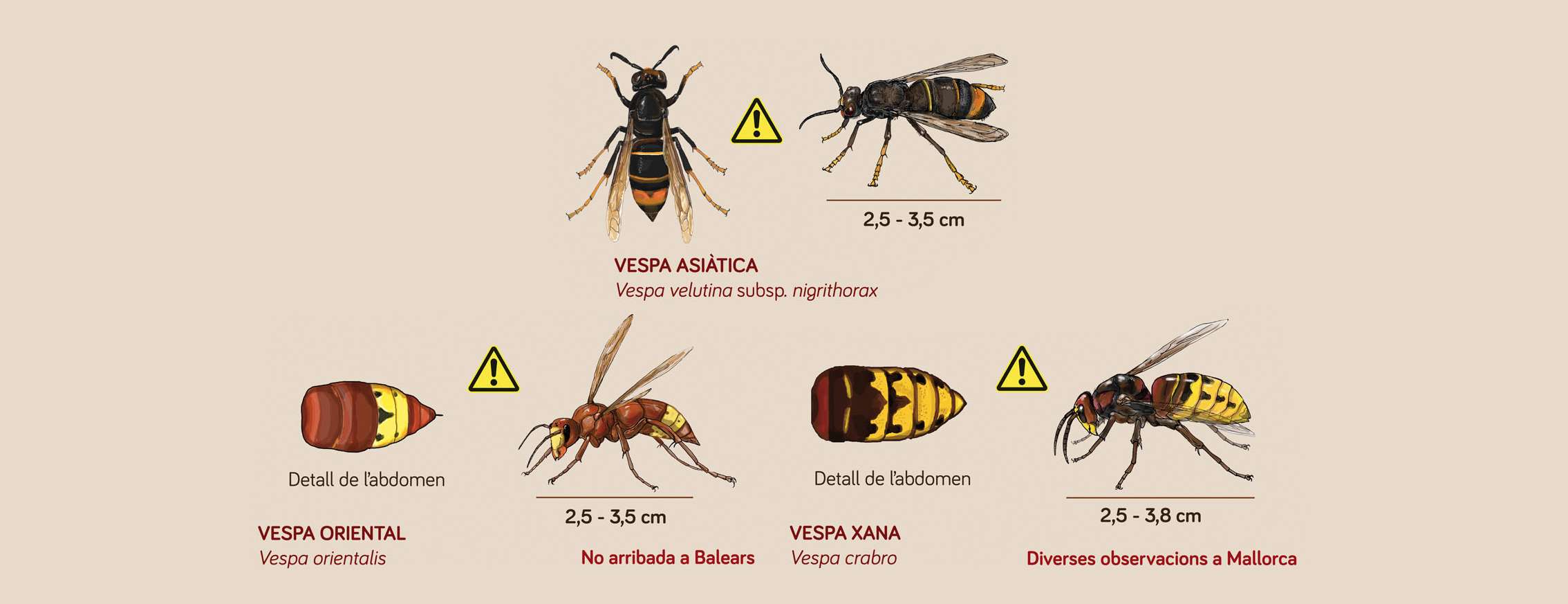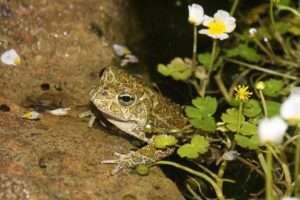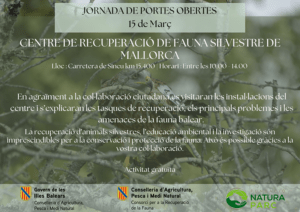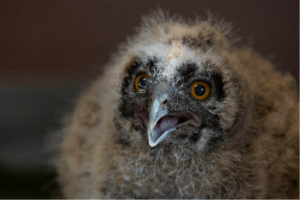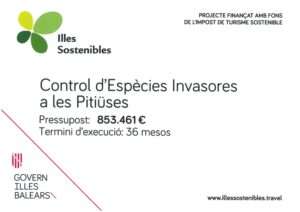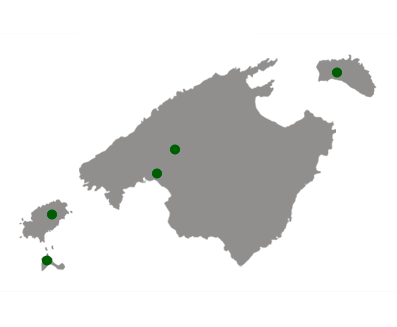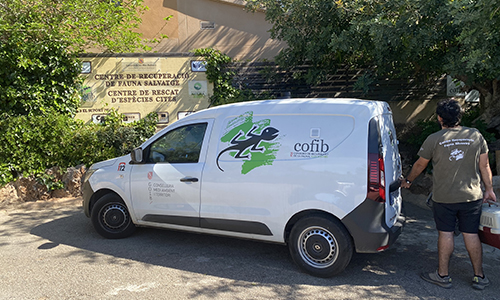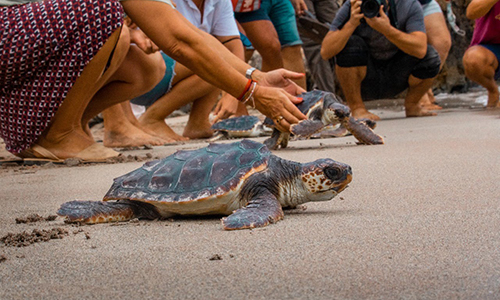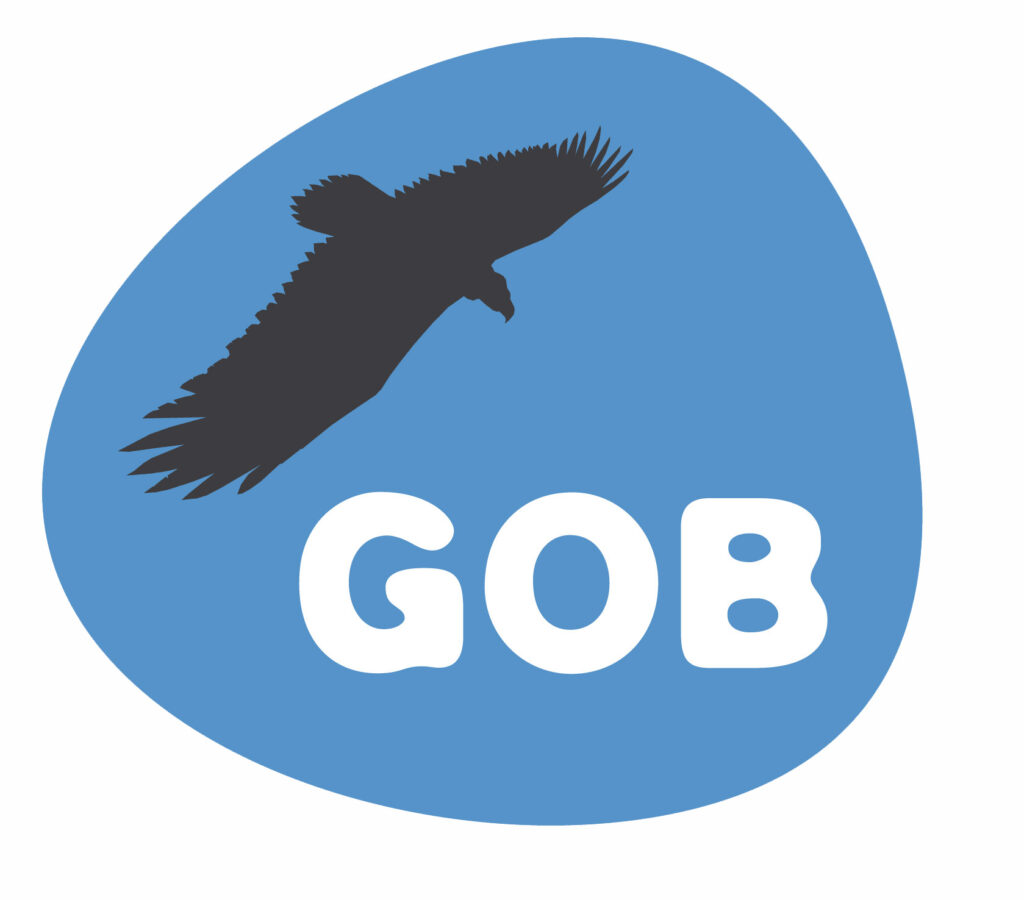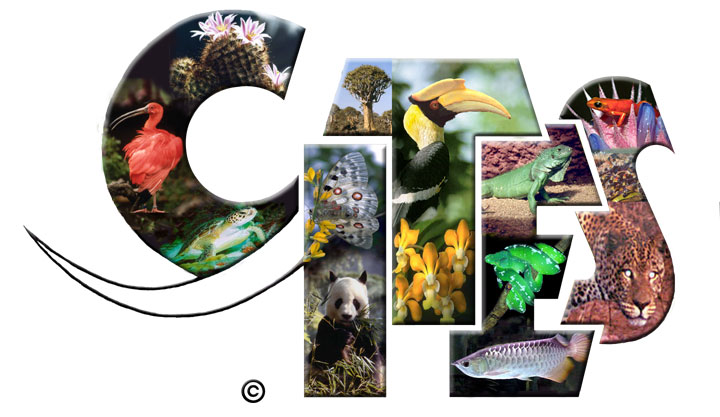Article author: Idoia Polo Rodríguez (Health and Wildlife Control Service technician)
News location: Mallorca
Publication date: June 2025
Article language: Spanish
The Asian hornet (Vespa velutina) is one of the invasive exotic insects currently causing the greatest public concern, due to its large size, but above all because of the pressure it exerts on native pollinators and, in particular, the damage to beekeeping.
After the reappearance of this wasp on the island of Mallorca in 2024, despite the removal of more than twenty nests, everything indicated that the Asian hornet would be one of the major challenges in terms of invasive exotic species in the 2025 campaign.
First Actions
With the arrival of spring, the surviving young queens emerge from their winter dormancy, and it’s time to begin founding their primary nests. From these small nests, colonies will emerge that will build large secondary nests, structures up to 90 cm high.
To get ahead of the curve, since the beginning of March, more than a thousand traps have been set up in areas of Mallorca where hornet nests or specimens were detected last year, including in Dragonera. The effort has borne its first fruits, with nearly 50 specimens located across the municipalities of Palma, Calvià, Andratx, Sant Elm, Estellencs, Esporles, Puigpunyent, Banyalbufar, and Bunyola.
The next step is to monitor the species in the identified areas and detect and remove nests early during the summer.
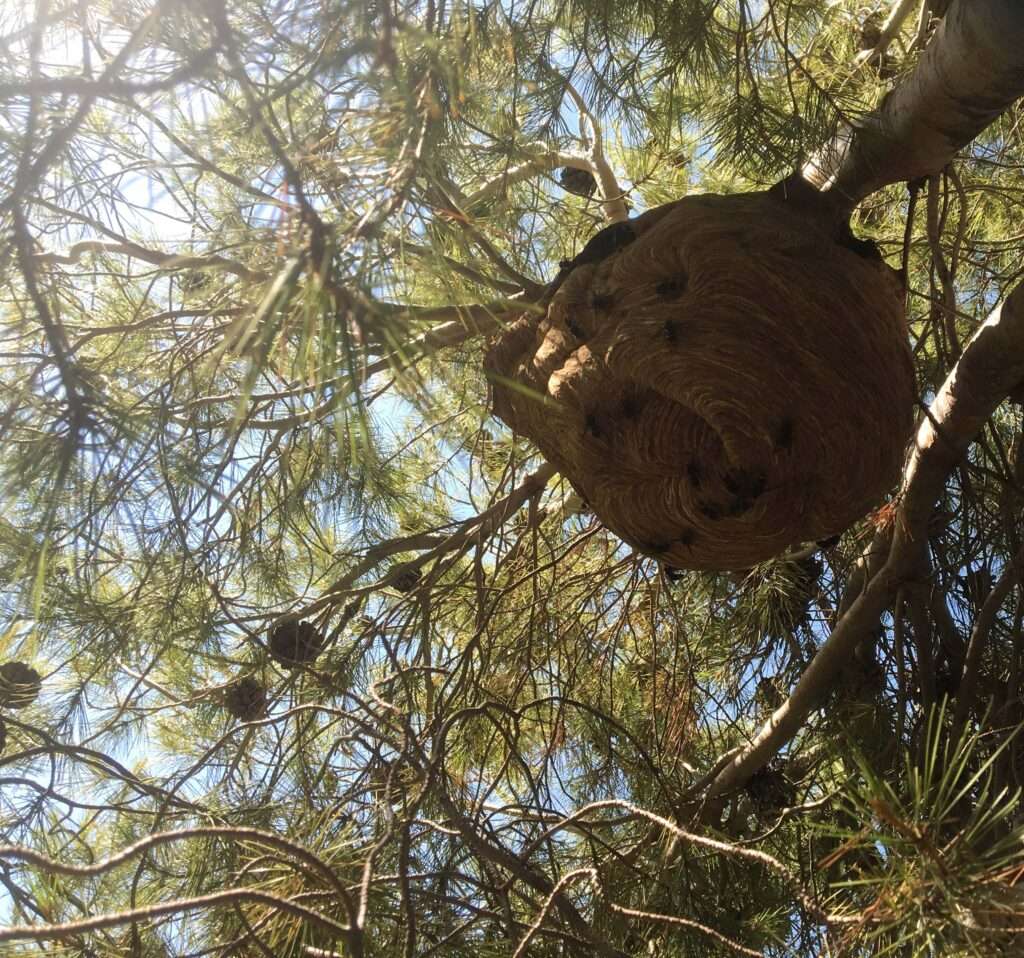
Asian hornet nest built in a pine tree.
Other exotic wasps
Thanks to the traps, the presence of a new invasive species has also been detected in the Balearic Islands: the oriental hornet (Vespa orientalis). Its natural distribution is more local (from southwest Asia to northeast Africa and some areas of southern Europe), and since 2018 it has been detected in Cádiz, Valencia, and Madrid. So far, there has only been one positive case in the municipality of Selva.
Citizen collaboration. What can you do?
Although its danger to humans is no greater than that of native wasps and it is not a particularly aggressive insect, it is essential that citizens are aware of this problem.
The 2024 outbreak was much stronger than that of 2017, likely because it has progressed undetected. For this reason, it will be more difficult to achieve the eradication goal again. At this time, citizen involvement is essential: together, we can increase the surveillance we can carry out for this species throughout the country, and this greatly helps in the early detection of nests.
You can consult the following link for identification:
Species Protection Service – Asian Hornet
To report a possible case, you can do so using the Línea Verde, InvasApp, or by calling 112.
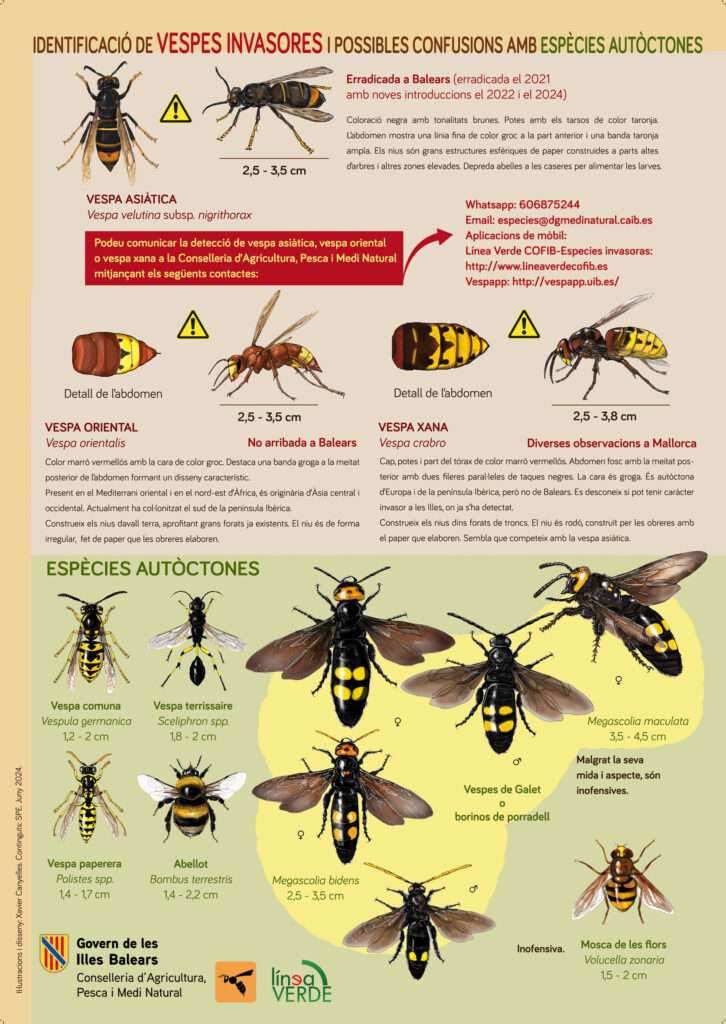
Infographic to identify invasive and native wasp species. Source: Ministry of Agriculture, Fisheries and Natural Environment.
